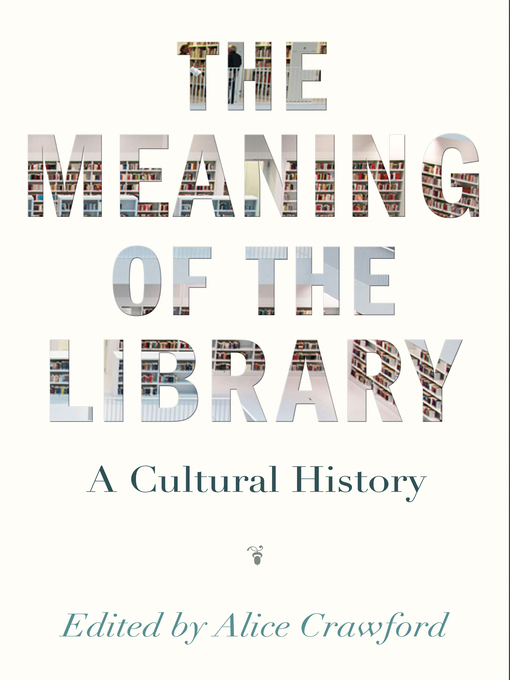The importance of the library, from ancient times to the digital era
From Greek and Roman times to the digital era, the library has remained central to knowledge, scholarship, and the imagination. The Meaning of the Library is a generously illustrated examination of this key institution of Western culture. Tracing what the library has meant since its beginning, examining how its significance has shifted, and pondering its importance in the twenty-first century, notable contributors—including the Librarian of Congress and the former executive director of the HathiTrust—present a cultural history of the library. In an informative introduction, Alice Crawford sets out the book's purpose and scope, and an international array of scholars, librarians, writers, and critics offer vivid perspectives about the library through their chosen fields. The Meaning of the Library will appeal to all who are interested in this vital institution's heritage and ongoing legacy.
- Afrofuturism & Afrofantasy
- Cozy Fall Mysteries
- New ebook Additions
- "Look at the Cover on that One" Artsy Covers
- New Kids' eBooks
- Hot ebooks!
- New Teen's eBooks
- Comics & Graphic Novels
- Books with a Bonus!
- Popular titles
- Picture Book Love
- Read-Alongs
- Manga
- See all ebooks collections
- New Audiobook Additions
- Great Narrators
- Awesome Audio!
- Oprah's Super Soul Conversations Listen-Alikes
- New Kids' Audiobooks
- New Teen's Audiobooks
- Check these out!
- Audiobooks Under 3 Hours
- Read by the Author
- See all audiobooks collections
- Favorite Magazine Picks
- Crafts & Hobbies
- News & Politics
- Health & Fitness
- Cooking & Eating
- Just added
- Lifestyle
- Popular Magazines
- See all magazines collections



